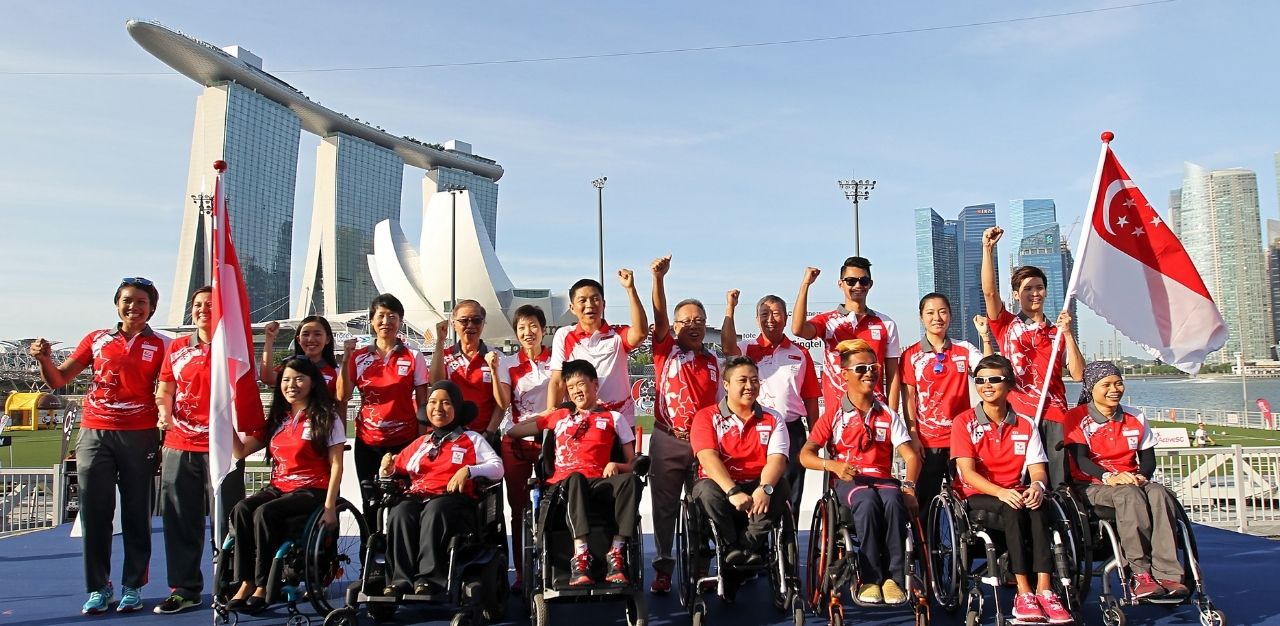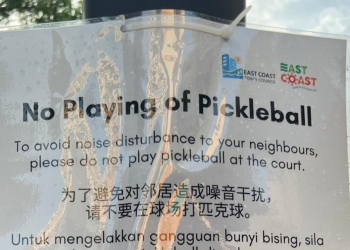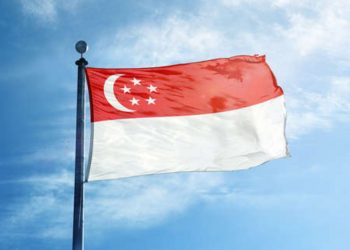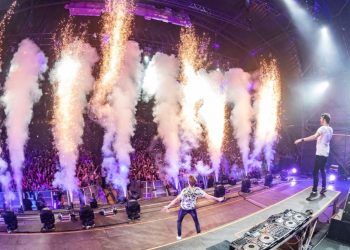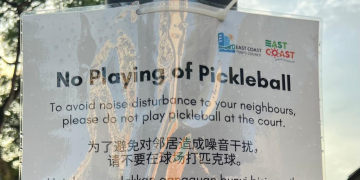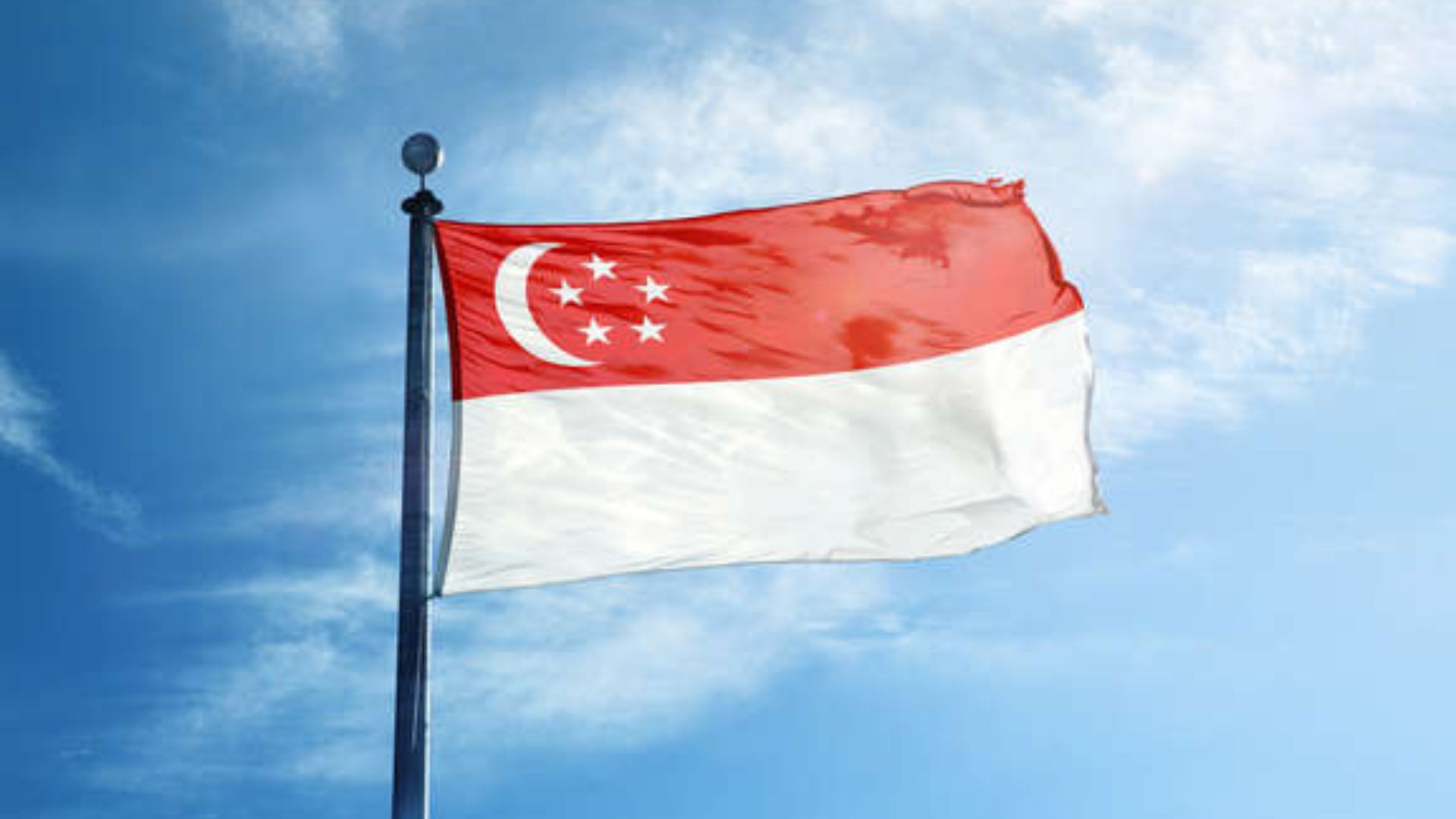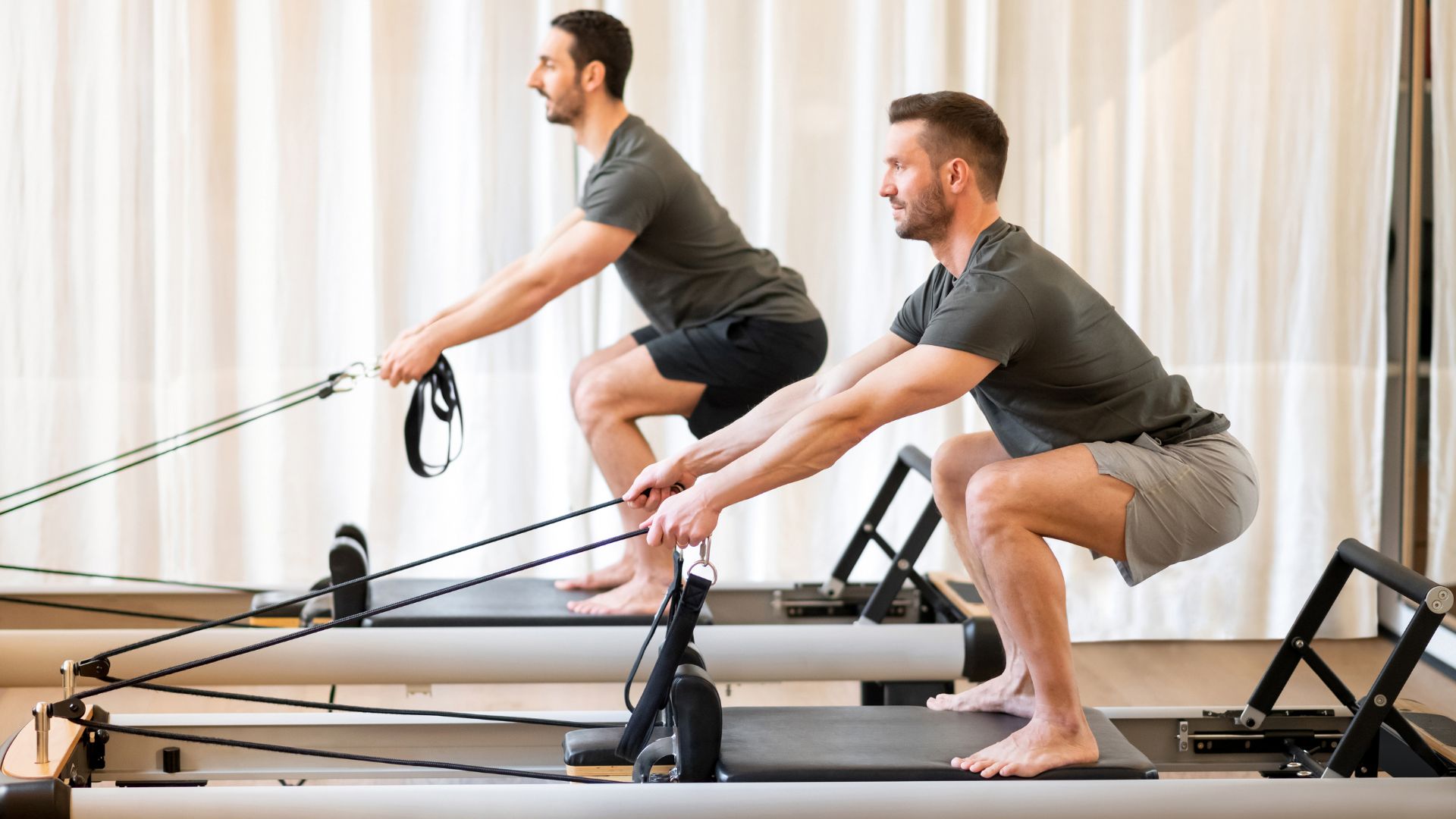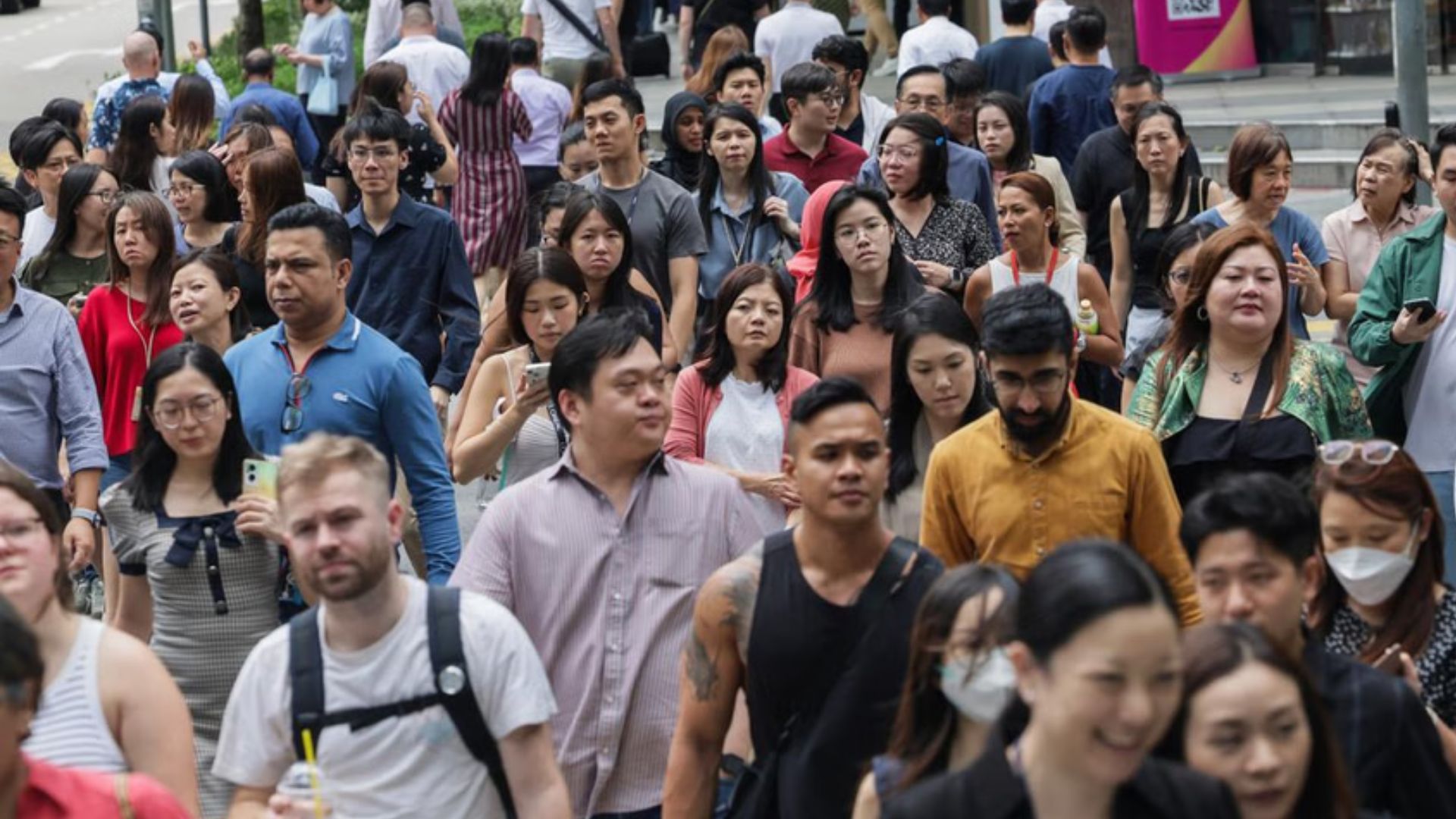The disparity in sport recognition and monetary rewards between abled and disabled athletes has stirred much debate. Should the value of a medal be determined by its impact on Singaporeans rather than the nature of the sport? TheHomeGround Asia Editor-in-Chief, Kevin Wong, reflects on the recent debate and argues that greater inclusivity is needed in Singapore’s sporting ecosystem and believes that changes to the way sport is currently governed is needed for Singapore to achieve her goal of being an inclusive society.
It is heartening to know that so many Singaporeans have spoken out in support of equal financial recognition of our Paralympic athletes’ achievements. At the recently concluded Tokyo 2020 Paralympic Games, Yip Pin Xiu brought home 2 gold medals in the S2 50m and 100m backstroke events. These were the only medals won at this edition of the Olympic and Paralympic Games.
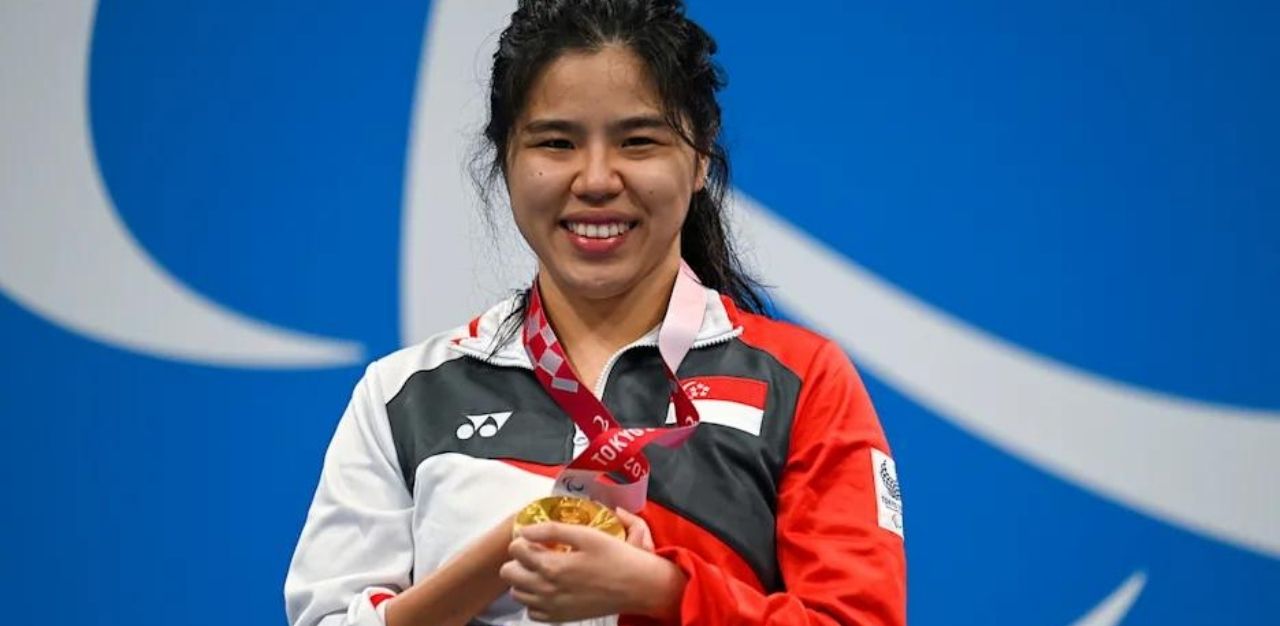
It has been a long struggle for the disability sports fraternity in Singapore to get to where we are now and we have made tremendous strides. But I believe it is time to take a closer look at Singapore’s overall sporting ecosystem and make it truly inclusive.
The struggles faced by the community have been largely linked to the lack of visibility which meant that they were often overlooked or merely forgotten. The Sporting Singapore blueprint that was launched in 2000 as mapped out by the Committee on Sporting Singapore provided a welcomed boost to the local sporting sports scene for both abled and disabled athletes in terms of increased funding and sports development. This was followed up in 2012 with the Sporting Culture Committee (SCC) recommendations to nurture a sporting culture in Singapore and the launch of Vision 2030 that seeks to shape the sporting ecosystem we know today and for decades to come.
I have witnessed first-hand the changes and growth in our sporting ecosystem. Some of these changes include sporting pathways at all levels and abilities being defined, greater support for budding talents in schools through the junior sports academies, the building of the Singapore Sports School and more specialised support for our elite athletes through the Singapore Youth Sports Institute and Singapore Sports Institute. Athletes in Singapore need just to have the talent, right attitude and drive to succeed and they will have a village to support their sporting aspirations.
While the inclusive nature of the various sporting recommendations has raised the profile and awareness of disability sports, have we really made much progress in changing the mindset of Singaporeans? Or has the inclusivity that we have seen been merely a form of tokenism to a community that has been crying out for support for such a long time?
Inclusion at all levels of the Sporting Ecosystem
In a passionate plea in 2019, Paralympic gold medallist and Nominated Member of Parliament (NMP) Yip Pin Xiu called for greater inclusion and acceptance into the sporting ecosystem for disabled athletes, highlighting the lack of access to swim clubs and recognition as an athlete by the Singapore Swimming Association that governs swimming in Singapore. She shared her dream of a “Singapore where sports is a united front for Singaporeans, not separated into disability or able-bodied sports”.
The inclusion and integration of both abled and disabled sports systems is not new and numerous international federations such as World Sailing and International Federation for Equestrian Sports have already merged both abled and disabled sporting fraternities together. I believe more international federations are recognising the need for an integrated sporting ecosystem and are moving in a similar direction to embrace both communities. The International Olympic Committee and the International Paralympic Committee have also strengthened their long-term partnership to 2032, agreeing as part of the IOC Olympic Agenda to increase the visibility and financial viability for the Paralympic movement and to jointly promote their respective brands and values.
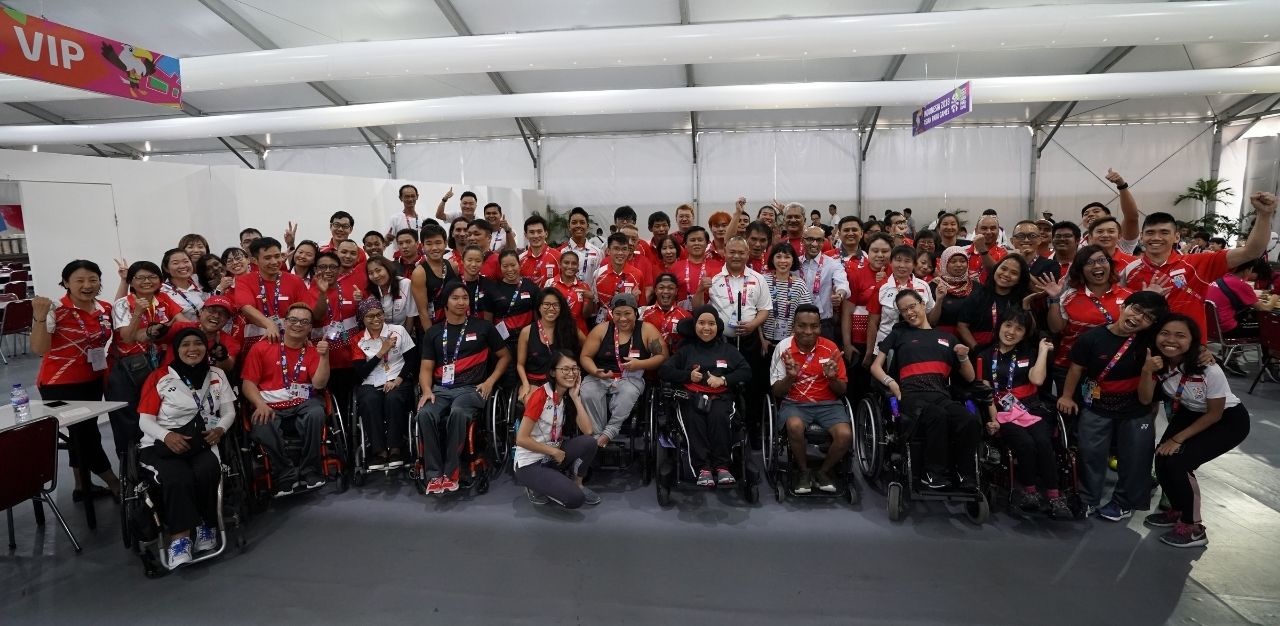
If at the international and world levels, the various sporting federations or Olympic and Paralympic committees can resolve their differences and identify ways to cooperate, I believe Singapore too can develop an effective inclusive agenda in Sports. Our united response to the ongoing pandemic has demonstrated our ability to set aside our differences and work collectively to achieve our goals.
The challenges of merging both abled and disabled fraternities, however, go beyond changing mindsets and political wills. The differences in organisational systems, legal entities and ensuring that the needs of all members are met have been raised many times in discussions with Sport Singapore and both the local abled and disabled sports communities. To achieve a truly inclusive sports ecosystem, the change would need to come from the top levels of sports governance.
I was initially apprehensive when the Disability Sport Master plan (DSMP) was launched in 2016, questioning why the government was getting involved at the operational level of sport as the Singapore Disability Sports Council had been running disability sports programmes since 1973. My fears were wrongly placed when I saw the enhanced levels of programmes that were made available to the community and larger sporting community through the DSMP. So what is next for the DSMP? I have not heard of DSMP 2.0 but perhaps a larger role for Sport Singapore in the development and management of disability sport in Singapore should be considered.
There needs to be consolidation at the management and policy level of sports here in Singapore. I don’t think there is a need for two sports councils and a sport equivalent National Disability Sports Association (NDSA) here in Singapore. Over the past 15 years, the SDSC had explored the possibility of a merger with Sport Singapore on a number of occasions, but to achieve and encourage an inclusive sports ecosystem, changes and consolidation at Sport Singapore should be considered.
The Singapore Sports Awards were introduced by the Singapore National Olympic Council (SNOC) in 1968 to recognise the achievements of our athletes. The Awards have evolved to become Singapore’s most “highly coveted honours for sporting achievements”. This year with Pin Xiu being the only medallist at the Tokyo games, would she be considered for Singapore’s most highly coveted award? Given that the monetary award value of an Olympic versus a Paralympic medal stirred much debate on social media, I am sure we will see similar levels of discontent when the 2021 Awards are given out.
I recognise that the Singapore Sports Awards were started and are bound to the constitutional set up of the SNOC, and appreciate the recognition given to our sporting heroes. As our sporting ecosystem evolves, Team Singapore or Sport Singapore could take over the title sponsorship or carry on the legacy laid down by the SNOC but on a more inclusive level. The Singapore Sport Hall of Fame for example, which was established in 1985, already honours our top sportsmen and women regardless of their physical abilities.
Such dramatic and monumental change to a sporting ecosystem is not unimaginable. In 2019, the United States Olympic and Paralympic Committee merged into a single organisation in recognition of inclusivity and the support for every Team USA athlete.
What is the value of a Paralympic medal? Is it worth just $1M?
The divisive monetary awards programme known as the Multi-Million Dollar Award Programme (MAP Awards) and Athlete Achievement Awards (AAA Awards) were established to recognise the achievements of our athletes at major games. Managed by the SNOC and the Singapore National Paralympic Council (SNPC) respectively, the awards have been part of Singapore’s sporting ecosystem for more than 30 years now, with the disabled equivalent being introduced in 2008.
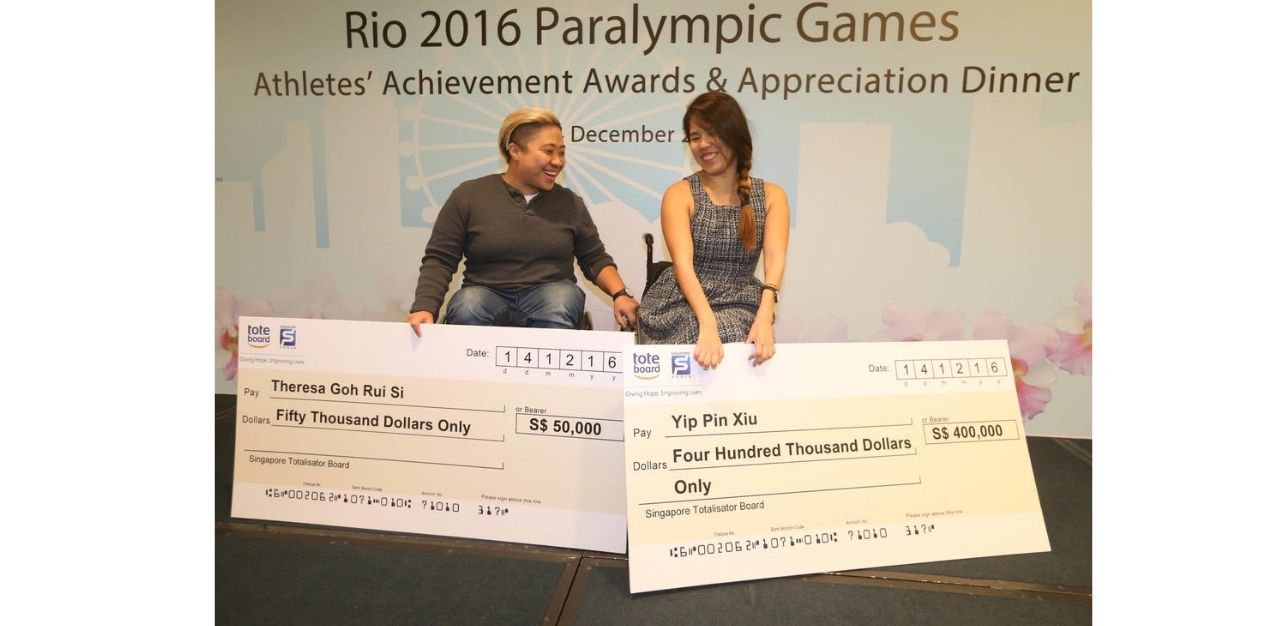
As privately managed sports awards, the award values are dependent on the level of funding raised through corporate partners and support from Tote Board. Despite their best efforts, Paralympic committees have, in general, received less attention and support financially and this has affected the ability of many Paralympic committees to provide monetary awards for their medallists.
When the AAA Awards was first given out in 2008, it too stirred debate in the media and in Parliament. Chia Yong Yong, the President of the Society for the Physically Disabled, warned that the disparity in recognition reinforces the “erroneous perception that disabled people are different, and strengthen the barriers against building an inclusive society.” She adds that in building an inclusive society, we cannot continue denying the achievement of those perceived to be “different and less able than [us].”
Teo Ser Luck, Senior Parliamentary Secretary (Community Development, Youth and Sports), attributed in 2008 that the disparity in the cash rewards was related to the higher levels and larger scale of competitions that Olympians faced whilst disabled athletes competed in smaller disability-specific classes. Mr Teo added that the government was looking at how it could “develop a system to accommodate all athletes that represent Singapore”.
In a Parliamentary reply (14 Sept), Minister for Culture, Community and Youth Edwin Tong says that his ministry will engage with corporate Singapore to celebrate their achievements. I honestly hope that after 13 years of struggle and debate on the disparity of financial recognition, we can finally find a funding solution and move on.
Given the infancy of the AAA Awards in 2008 and the lack of understanding of disability sport classification, I believe we could have done more to champion the value of our athlete’s achievement. Our athletes train just as hard and have made just as many sacrifices for their sport as any able-bodied athlete. To argue that a Paralympic event is of a lower standard and easier to win is wrong. The recent performances at Tokyo 2020 Paralympics is a testament to the highest level of competition and achievement.
We should not debate or analyse the nature and difficulty level of each sport and then award a monetary value to the medals won. There are just too many different variables to consider – males versus females, playoffs or round-robin, number of teams or competitions in each sport. If we do not do it for the able-bodied medal achievement, why are we trying to formulate a suitable value for a Paralympic medal?
The true value of our Team Singapore athletes’ achievements is their impact on Singaporeans. Sport has the unique ability to unite and to inspire a country. The only other platform that can achieve a similar effect is that of our National Day celebrations.
So the value of an Olympic or Paralympic gold medal in my opinion is definitely worth more than a $1M award. Only when we can recognise this, can we start moving towards a more inclusive society that looks beyond differences and recognises the abilities of each individual.
Kevin is the former president of the Singapore Disability Sports Council and Chairman of the Singapore National Paralympic Council and have been involved in disability sport since 2001.
Join the conversations on TheHomeGround Asia’s Facebook and Instagram, and get the latest updates via Telegram.
